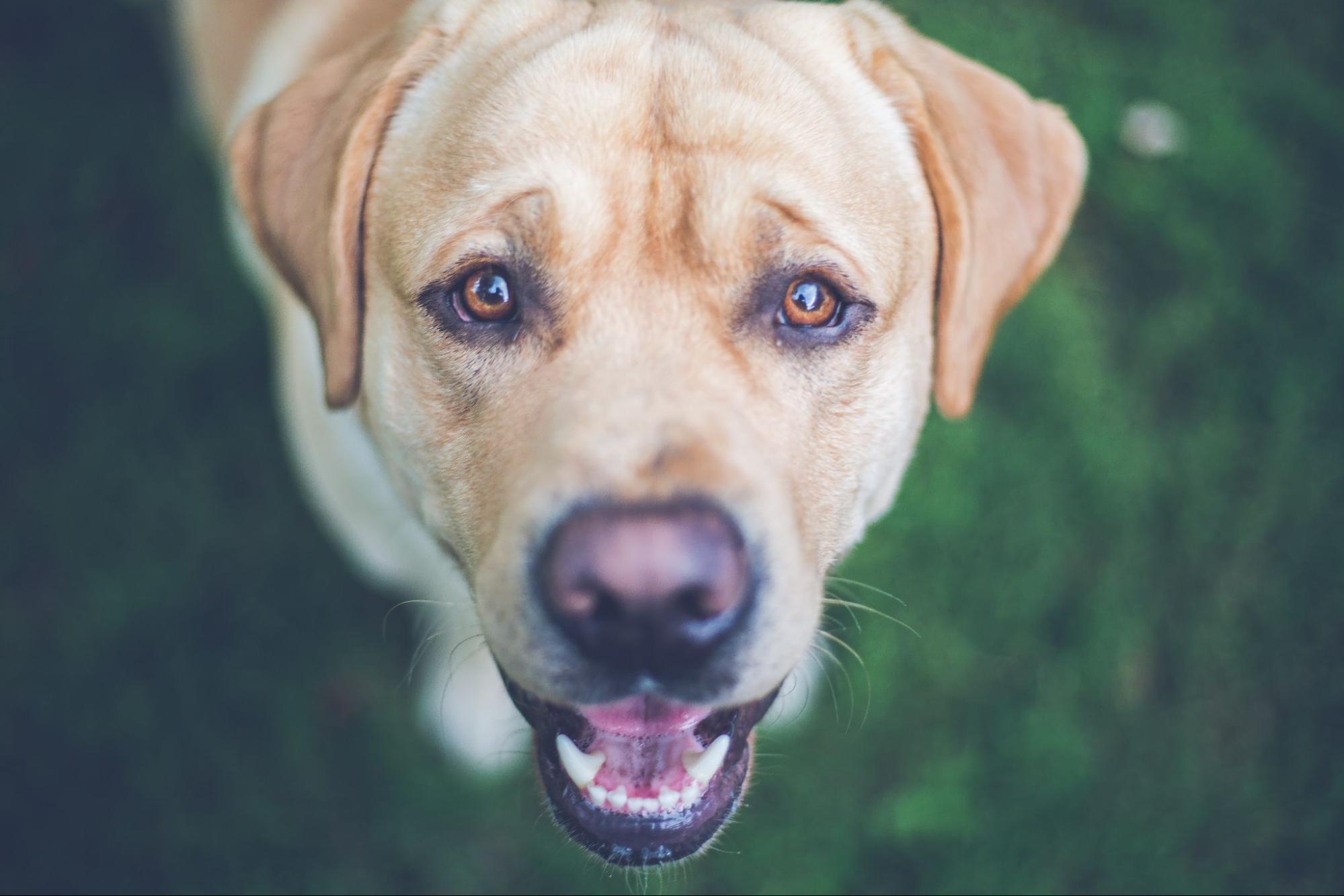Are Dogs Allergic to Milk
Are dogs allergic to milk? This is a common question that many dog owners have, especially when it comes to Labradors. As an expert in pet health, I’ll delve into the topic of diagnosing allergies in Labradors and shed some light on whether or not dogs can be allergic to milk.
When it comes to food allergies in dogs, milk is indeed one of the potential culprits. While most adult dogs are lactose intolerant and may experience digestive issues if they consume large quantities of milk, true milk allergies are relatively rare. Labradors, like any other breed, can develop an allergy to certain components found in milk such as lactose or proteins like casein.
Diagnosing allergies in Labradors can be a challenging task. The symptoms of a milk allergy can vary from mild skin irritations and itching to more severe reactions such as vomiting and diarrhea. To accurately diagnose a milk allergy, it’s essential to consult with a veterinarian who specializes in canine allergies. They may recommend conducting an elimination diet or performing specific tests like blood work or intradermal testing.
In conclusion, while dogs can develop allergies to various substances including milk, diagnosing these allergies requires professional expertise. If you suspect your Labrador has a milk allergy, it’s best to consult with your veterinarian for proper diagnosis and guidance on managing their dietary needs effectively.
Common Allergens in Dogs
When it comes to allergies in dogs, there are several common allergens that can trigger reactions in our furry friends. Understanding these allergens is crucial for diagnosing and managing allergies, especially in Labradors. Let’s explore some of the most prevalent culprits:
- Food Allergens:
- Dairy Products: While not all dogs are allergic to milk, some may experience adverse reactions such as gastrointestinal distress or skin irritations when consuming dairy products. It’s important to note that lactose intolerance may be mistaken for a milk allergy.
- Protein Sources: Certain proteins found in commonly used ingredients like beef, chicken, or fish can cause allergic reactions in dogs. Identifying the specific protein source causing the allergy can help guide dietary changes.
- Environmental Allergens:
- Pollen: Just like humans, dogs can be sensitive to pollen from trees, grasses, and weeds. Seasonal allergies can lead to symptoms like itching, sneezing, and watery eyes.
- Dust Mites: These microscopic creatures thrive in indoor environments and can trigger allergies in susceptible dogs. Regular cleaning and maintaining a dust-free environment can help reduce exposure.
- Insect Allergens:
- Fleas: Flea saliva is a common trigger for allergies in dogs. Even a single flea bite can cause intense itching and discomfort for allergic individuals.
- Mosquitoes: Some dogs develop hypersensitivity to mosquito bites which leads to localized swelling or even severe systemic reactions.
- Medication Allergies:
- Antibiotics: Dogs may develop an allergic reaction to certain antibiotics such as penicillin or sulfa drugs. Symptoms may range from mild skin rashes to more severe respiratory distress.
Remember that each dog is unique, so while these allergens are common culprits, individual sensitivities may vary. If you suspect your Labrador has allergies, consult with your veterinarian for a proper diagnosis and treatment plan. Identifying and avoiding the specific allergens can help improve your dog’s quality of life and minimize their discomfort.
In the next section, we’ll delve into diagnosing allergies in Labradors to provide you with further insights into this important topic. Stay tuned!

Symptoms of Milk Allergy in Labradors
When it comes to diagnosing allergies in Labradors, one common question that arises is whether dogs can be allergic to milk. Understanding the symptoms of milk allergy in Labradors is crucial for pet owners who want to ensure their furry friends are healthy and happy.
Here are some key signs to watch out for if you suspect your Labrador may have a milk allergy:
- Gastrointestinal Issues: Dogs with a milk allergy may experience digestive problems such as diarrhea, vomiting, or frequent bowel movements. These symptoms can be distressing for both the dog and the owner, so it’s important to take note of any changes in your Labrador’s stool consistency or frequency.
- Skin Irritations: Milk allergies can manifest on a Labrador’s skin through various symptoms like itchiness, redness, rashes, or hives. Keep an eye out for excessive scratching or licking in specific areas of your dog’s body, as this could indicate an allergic reaction.
- Respiratory Distress: Labradors with milk allergies might exhibit respiratory issues like coughing or wheezing after consuming dairy products. If you notice these symptoms occurring shortly after your dog has had contact with milk or any dairy-based treats, it could be a sign of an allergic reaction.
- Ear Infections: Chronic ear infections can also be linked to milk allergies in Labradors. If your dog frequently suffers from recurring ear infections despite proper hygiene practices, it may be worth exploring the possibility of a food-related allergy such as a sensitivity towards milk.
- Behavioral Changes: While not exclusive to milk allergies alone, some Labradors may display behavioral changes when they are experiencing discomfort due to an allergic reaction. This could include increased restlessness, irritability, or even aggression.